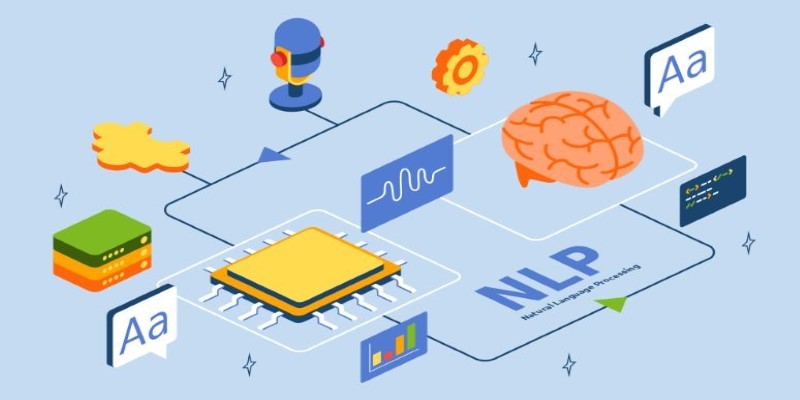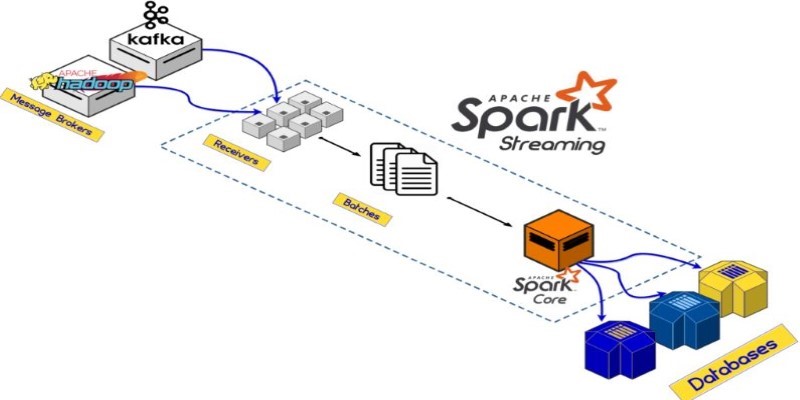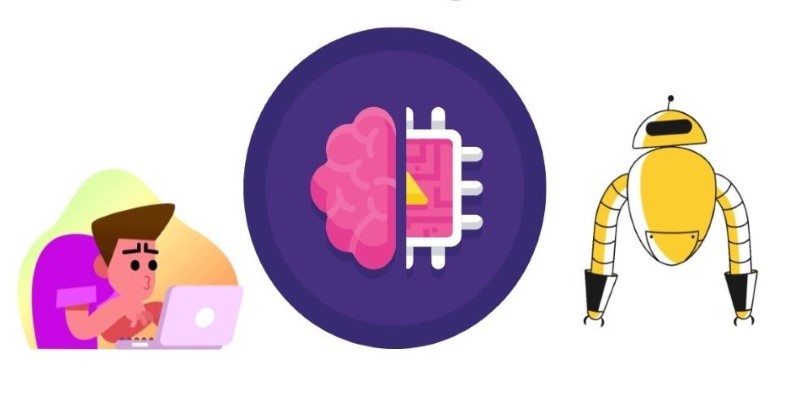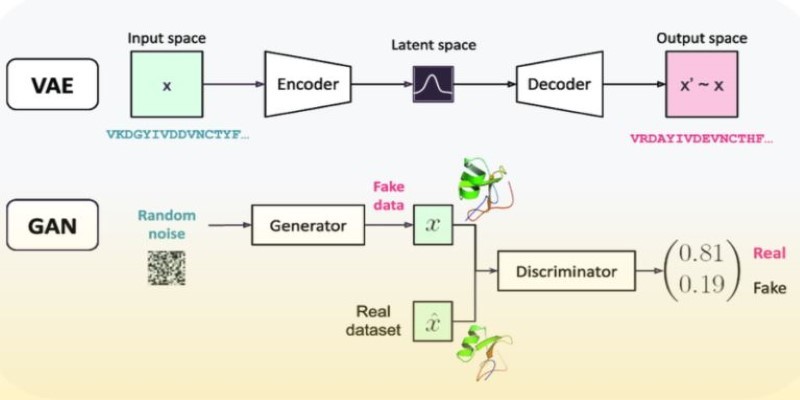Artificial intelligence marketing is changing consumer interaction for brands. Companies today utilize artificial intelligence-driven storytelling to craft gripping tales that seem relevant and personal. AI enables the creation of emotionally relevant messaging using consumer data analysis, therefore improving the efficacy of marketing. This strategy lets businesses easily customize material for various audiences, fostering consumer relationships and trust.
Fast content creation made possible by AI tools lets marketers test stories and hone plans for maximum involvement. Customized interactions give consumers value, therefore strengthening brand recognition and loyalty. Strong narratives differentiate brands in today's packed market and leave a memorable effect. AI-driven narrative shapes the direction of digital marketing by combining technology with imagination. Businesses have to welcome artificial intelligence if they are to remain competitive in the sector.
The Power of Storytelling in AI Marketing
Storytelling is a terrific marketing tool that has always created emotional links between businesses and consumers. Artificial intelligence enhances narrative through customer behavior prediction and data analysis. Customized stories produced by companies based on personal tastes add appeal to products. AI helps businesses understand what consumers want to hear and generates genuine and human-like messaging. Increased audience participation helps AI-driven narratives to improve the potency of marketing.
Products that appeal to consumers' interests will enable them to relate with each other. By customizing stories based on trends, artificial intelligence helps businesses to remain relevant. It also allows real-time marketing plan adjustments for the best impact. Stronger consumer ties in AI-powered narratives foster loyalty and trust. AI uses creativity and technology to transform the story into an interesting experience. Businesses applying artificial intelligence-driven narratives gain a competitive edge in today's always-shifting market.

How AI Helps Create Personalized Narratives
Artificial intelligence generates original and interesting narratives using consumer data. It reveals interests, tastes, and habits, enabling companies to customize material for particular groups. AI-powered chatbots improve consumer experiences through tailored interactions, rendering discussions more relevant. Through analysis of prior encounters, artificial intelligence forecasts future preferences, enabling marketers to create storylines that fit consumer demand—multiple variations of a story created by artificial intelligence guarantee that every audience absorbs the most powerful message.
This degree of customization makes customers feel cherished, therefore enhancing brand loyalty. Storytelling driven by artificial intelligence increases involvement and converts ability. Businesses using artificial intelligence for marketing find greater results since tailored content appeals more to customers. AI is always improving its method to fit customer behavior and trends. AI enables companies to create interesting and successful marketing plans, combining data-driven insights with creativity, fostering long-term consumer relationships and corporate success.
AI-Powered Content Creation and Optimization
AI creates content automatically, therefore improving the efficiency and power of marketing. Generating blog entries, social media captions, and product descriptions by AI techniques guarantees interesting and premium material. These instruments examine effective content trends and generate related interesting stories. Artificial intelligence suggests enhancements depending on audience reactions and preferences, optimizing content. Addressing grammar, tone, and readability improves quality and guarantees that communications stay clear and appealing.
Marketers keep brand messaging consistent and hone storytelling techniques with information produced by artificial intelligence. AI-driven automation frees time and increases output, enabling companies to concentrate on strategy while AI generates materials. AI follows trends to keep brands relevant in a cutthroat industry. For the most impact, it allows real-time content changes. AI changes marketing into a dynamic, data-driven process that increases audience involvement, reinforces brand identification, and improves general campaign effectiveness for better business results by mixing automation with creativity.

Enhancing Emotional Connection with AI
Artificial intelligence helps companies create emotional ties via narrative by examining emotional triggers that affect consumer decisions. AI systems examine consumer comments, moods, and behavior to create relevant stories. Sentiment research helps companies grasp audience responses, enabling real-time changes to marketing plans. Content created by artificial intelligence seems more human and relevant, facilitating brand connection for consumers. AI improves video marketing by recommending emotionally charged topics that grab viewers' attention.
Voice assistants driven by artificial intelligence produce interesting brand interactions. Emotional storytelling increases brand loyalty and confidence, enhancing businesses' remembered quality. Consumers react better to companies that arouse feelings and complement their ideals. Artificial intelligence guarantees that stories fit consumer expectations and cultural tastes. Companies using artificial intelligence for emotional storytelling find more interaction, greater conversion rates, and long-lasting bonds with their customers, which eventually helps their company succeed in a cutthroat market.
Future of AI-Driven Storytelling in Marketing
Artificial intelligence-driven narrative transforms marketing, bringing more personal appeal and customizing power. Artificial intelligence will hone narrative devices, analyze emotions, and, more precisely, project consumer trends as technology develops. Companies will apply artificial intelligence to create very customized experiences that guarantee stuff seems natural and human-like. Virtual reality will provide immersive stories and enhance customer connections mixed with artificial intelligence. Through increased knowledge about consumer experiences, artificial intelligence will enable companies to develop more relevant and strong narratives.
Campaigns in marketing will start to be more interactive and inspire more involvement. Artificial intelligence will automate content creation to guarantee a consistent marketing message even while authenticity is kept. Companies applying artificial intelligence-driven storytelling will keep their competitive edge in the always-changing digital battlefield. In marketing, artificial intelligence presents various opportunities, including fresh approaches to interact with consumers, boost brand loyalty, and propel long-term success in an always-evolving market.
Conclusion:
By personalizing and enhancing brand messages, artificial intelligence storytelling transforms marketing. It helps companies produce material that audiences can relate to. AI tools examine data, project trends, and streamline stories for the highest interaction. Customized narratives improve brand loyalty and develop consumer interactions. Content produced with artificial intelligence saves time and increases efficiency. Stories with emotions help brands to be more approachable and unforgettable. Businesses applying artificial intelligence get a competitive edge nicely. Businesses have to change as AI-driven marketing develops if they remain relevant. The ability of AI-generated stories to enthrall viewers will define marketing's direction in the future.











